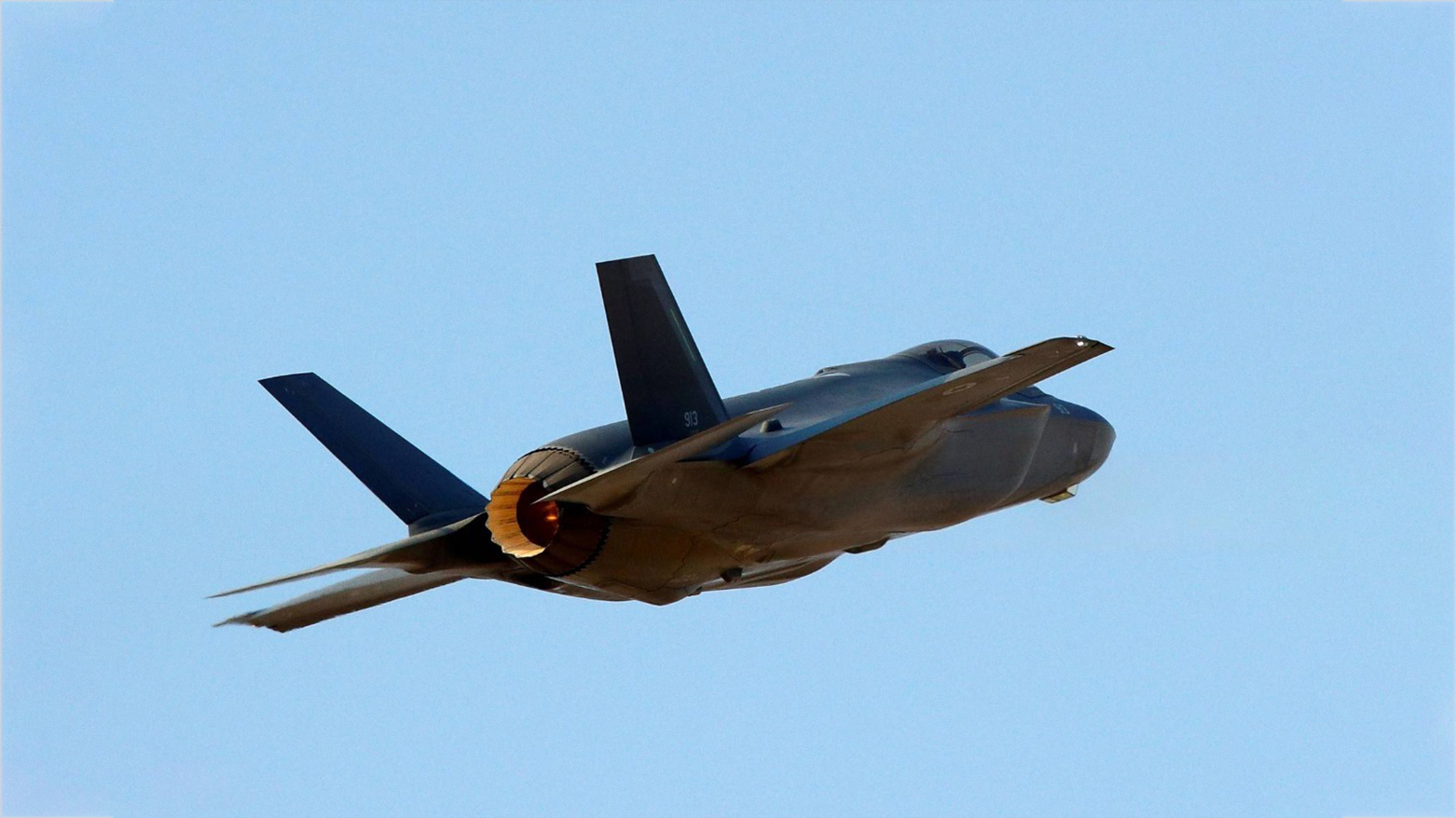Israel Says It Hit Quds Force HQ in Tehran as Iran Vows More "Devastating" Attacks
According to a statement issued by the Israeli military and cited by AFP, "The Israeli air force struck command centres belonging to the Quds Force of the IRGC and the Iranian military, with precise direction from the (Israeli military) Intelligence Directorate."

By Kamaran Aziz
ERBIL (Kurdistan24) – Israel announced Monday that its military had struck command centres in Tehran belonging to the Quds Force, the foreign operations wing of Iran's Islamic Revolutionary Guard Corps (IRGC), marking a significant escalation in the ongoing regional conflict.
According to a statement issued by the Israeli military and cited by AFP, "The Israeli air force struck command centres belonging to the Quds Force of the IRGC and the Iranian military, with precise direction from the (Israeli military) Intelligence Directorate."
The statement added that the airstrikes targeted specific sites located within the Iranian capital.
The strikes come in response to an earlier missile barrage from Iran that left four people dead and at least 87 others wounded in Israel.
Israeli emergency service Magen David Adom (MDA) confirmed that four individuals—two women and two men, all approximately 70 years old—were killed in strikes across four sites in central Israel. "So far, MDA teams have evacuated 87 casualties to hospitals," the service noted.
Iran, meanwhile, has claimed responsibility for the attacks and vowed to continue its military campaign against what it calls Israel's "vital targets."
In a statement quoted by the state-run IRNA news agency, the IRGC warned of "effective, targeted and more devastating operations" to come, asserting that these actions will continue "until its complete destruction."
In another communique, also reported by IRNA and relayed by AFP, the Islamic Revolutionary Guard Corps said it had "successfully and effectively" hit its intended targets in Israel during the new wave of attacks.
The rapid escalation of hostilities has raised fears of a broader regional war, with both sides exchanging threats and military actions in quick succession.
